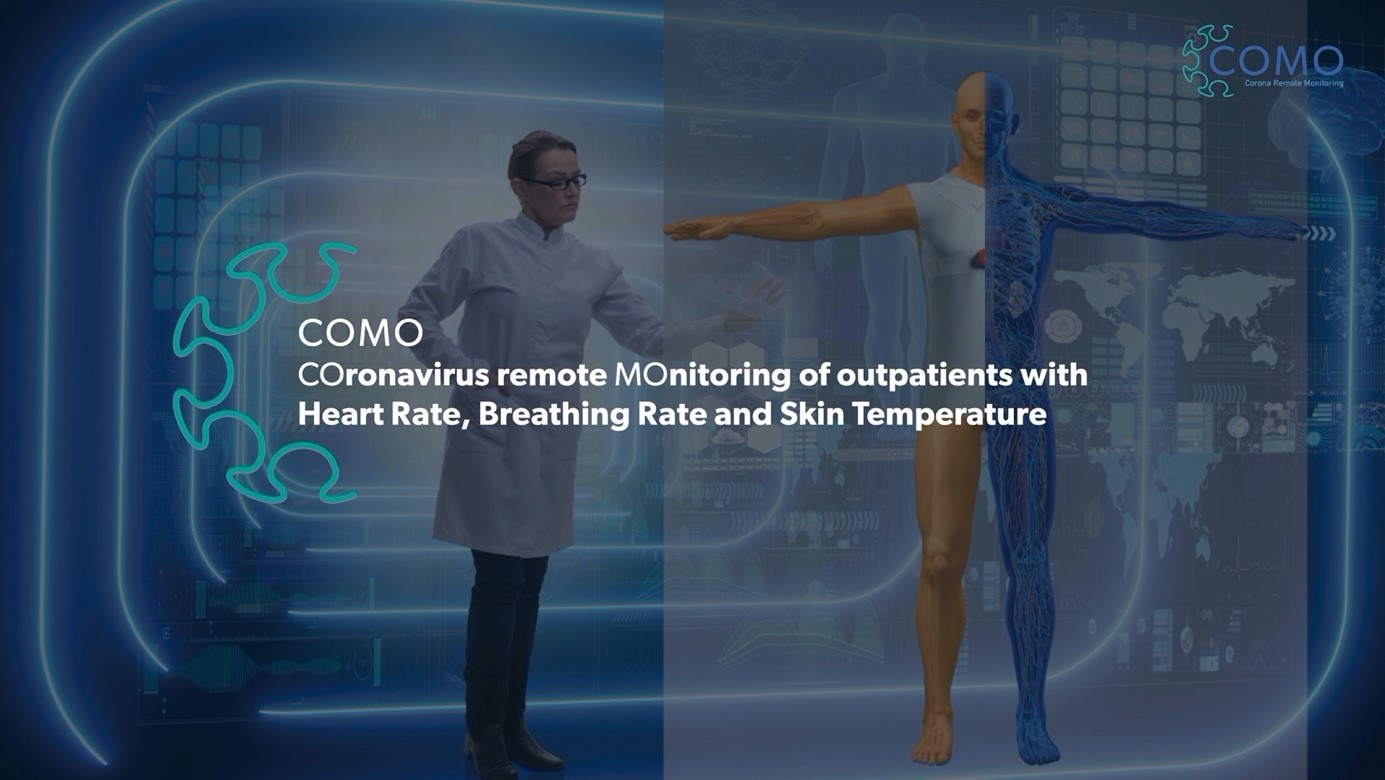Sensoring the future
Vexavit is a private Swiss health-tech company founded in 2016 offering cutting-edge technologies based on sophisticated sensoring and wearable devices and smart software solutions. The sensor technologies are embedded into ecosystems that are capable of monitoring, recording and analyzing vital data and essential processes and motions in the fields of Healthcare, Sports & Wellness, Safety & Security, and Automotive.




We provide fast growing markets with cutting edge sensoring solutions to demands never met before.
Our sensoring technology platforms are built on highly accurate body sensors working in tandem with intelligent microelectronic products. For real-time monitoring or analysis, the measured and processed data are sent to any application or device, including desktop and mobile. By being part of an integrated ecosystem, our wearables unleash their full potential.

3 latest news, with the possibility of keeping a relevant news in the first place despite its publication date.
See news at the end of the document.

© 2022 Vexavit AG
REGISTERED OFFICE
Thurgauerstrasse 101a, 8152 Glattpark (Opfikon), Switzerland








